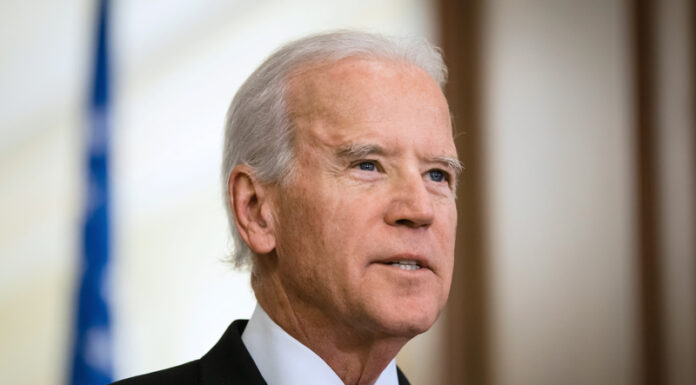Joe Biden, the President of the United States, is considering the extraordinary move of issuing preemptive pardons to guard potential targets from anticipated retaliation by former President Donald Trump. This action would considerably broaden the scope of presidential pardon powers by offering clemency to individuals yet to be charged with any crimes.
The White House counsel’s office has initiated official discussions on this controversial action, aimed at protecting several high-profile critics of Trump. The individuals being considered for such protection include Mark Milley, the former Chairman of the Joint Chiefs of Staff, Liz Cheney, the former Representative, and Anthony Fauci, the former Chief Medical Adviser to the White House.
While President Biden has explored this possibility with his senior team, no concrete proposals or lists have been finalized yet. The administration has been approached by individuals who fear becoming the focus of investigations under a potential future Trump administration.
In the history of American politics, preemptive pardons are unusual but not without precedent. Instances of note include President Gerald Ford’s pardon of Richard Nixon, his predecessor, in the aftermath of the Watergate scandal, and President Jimmy Carter’s pardon of draft evasion during the Vietnam War.
The contemplation of these pardons follows President Biden’s recent controversial move of providing a full and unconditional pardon to his son, Hunter Biden. Senior officials have expressed concerns about the possibility of a Trump-led Justice Department initiating investigations that could cause significant reputational and financial damage to their targets, even if they do not lead to prosecutions.
Kash Patel, Trump’s nominee for the position of FBI Director, has already indicated intentions of retaliation against those who were perceived to have opposed Trump. Among the potential candidates for preemptive pardons is Senator-elect Adam Schiff, who led the first impeachment effort against Trump.
The Supreme Court has characterized Biden’s power to pardon as “plenary” and not subject to legislative limitations. However, some former Justice Department officials have cautioned that preemptive pardons could imply guilt. Progressive groups have urged President Biden to focus on clemency efforts for incarcerated Americans over potential targets of Trump.
It’s crucial to remember that presidential pardons provide protection against federal prosecutions, but they do not protect individuals from state-level criminal cases or congressional investigations. Some aides to Biden have expressed concerns that this unprecedented use of pardons could establish a precedent for even wider use of pardon powers by future presidents.







